Blog
Unlocking Excellence: Quality at the Core
-
21 CFR Part 211 Compliance: A Complete QMS Guide for Pharmaceutical Manufacturers

21 CFR Part 211, the Current Good Manufacturing Practice (cGMP) regulations for finished pharmaceuticals, represent the FDA’s. Most critical regulatory framework governing pharmaceutical manufacturing. This regulation establishes minimum requirements for methods, facilities, and controls used in manufacturing, processing. Packaging pharmaceutical products to ensure safety, quality, and efficacy. 21 CFR Part 211 compliance serves as the […]
-
21 CFR Part 820: Complete Guide to Medical Device QMS Compliance
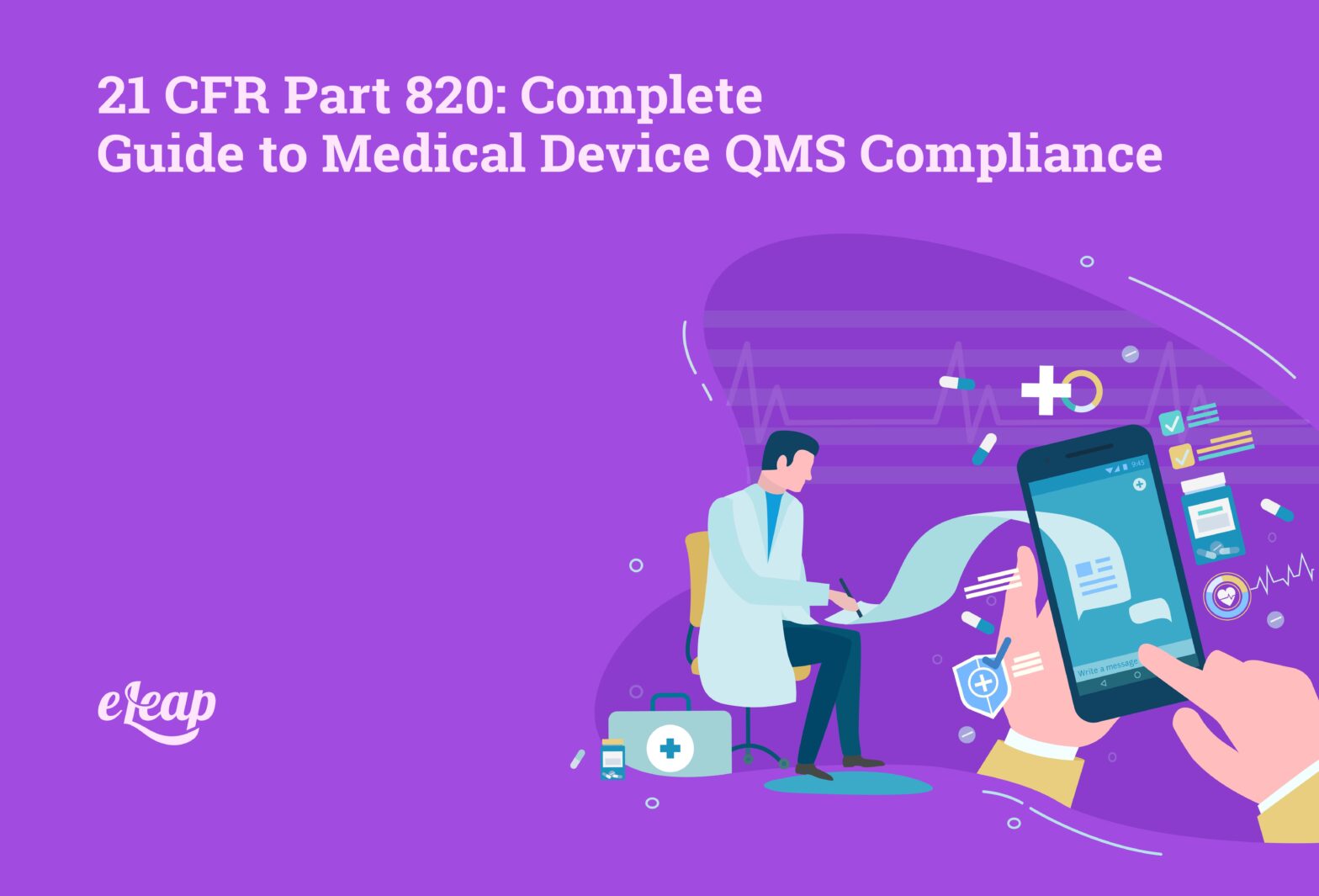
21 CFR Part 820 serves as the cornerstone of regulatory compliance for medical device manufacturers operating in or exporting to the United States. This regulation, also known as the Quality System Regulation (QSR), establishes current good manufacturing practices (CGMP) that manufacturers must implement to ensure their products consistently meet both FDA requirements and customer expectations. […]
-
ISO 9001 Standard: Complete Guide to Quality Management
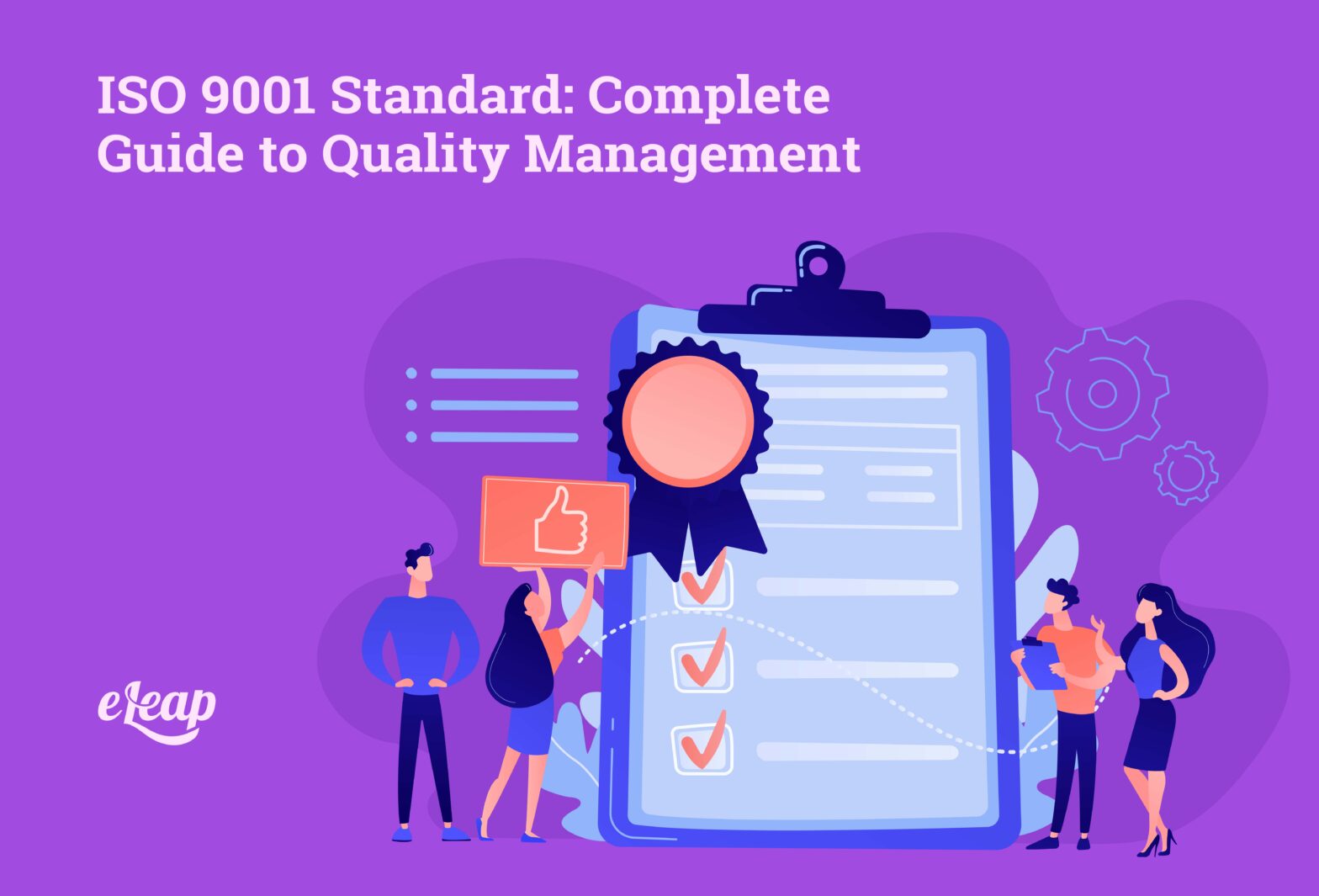
The ISO 9001 Standard serves as the global benchmark for Quality Management Systems (QMS), helping organizations streamline processes, boost efficiency, and consistently deliver quality. Published by the International Organization for Standardization (ISO), the ISO 9001 Standard is part of the larger ISO 9000 family and applies to any organization, regardless of size or industry. Organizations […]
-
Medical Device Audits: Complete Compliance Guide 2025
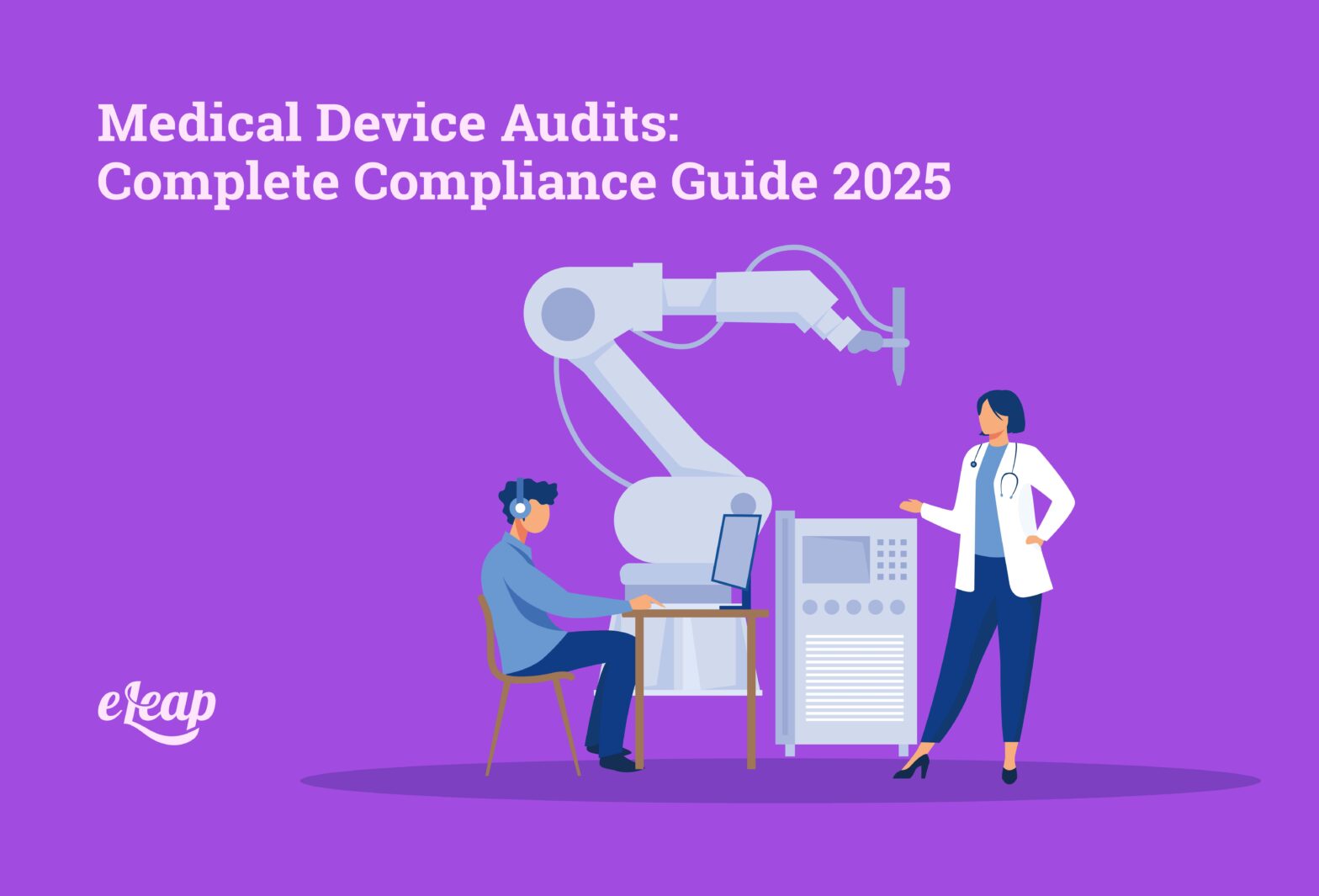
Medical device audits represent systematic evaluations that verify manufacturer compliance with regulatory standards, quality management systems, and safety requirements throughout the product lifecycle. These audits have evolved from reactive compliance checks into proactive strategic assessments that demonstrate continuous quality improvement and regulatory alignment. A medical device audit is a formal, structured assessment of a company’s […]
-
What Is Good Automated Manufacturing Practice (GAMP)? A Complete Guide to GAMP 5 and Modern Compliance
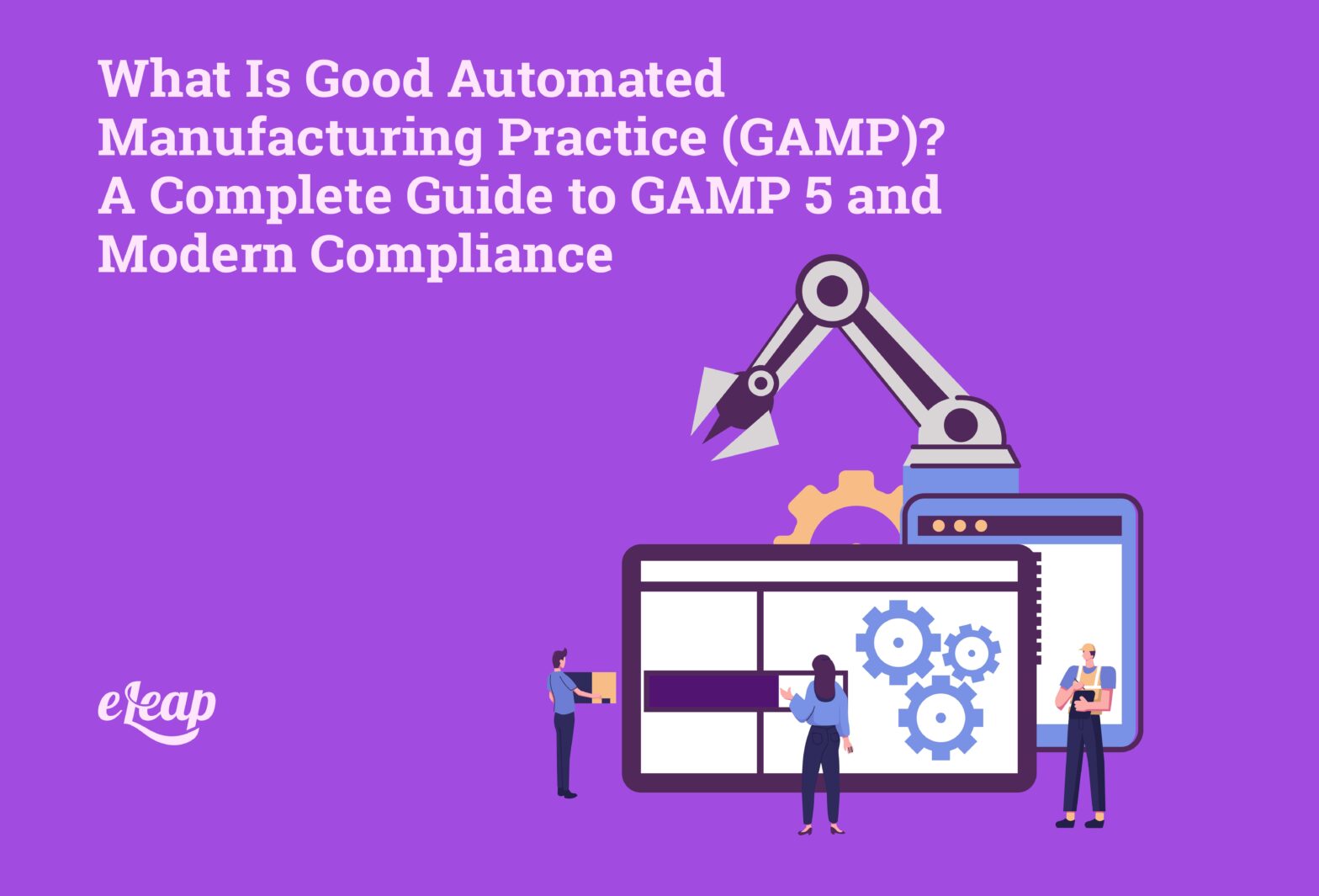
Good Automated Manufacturing Practice (GAMP) serves as the cornerstone framework for validating computerized systems in regulated manufacturing environments. Developed by the International Society for Pharmaceutical Engineering (ISPE) in 1991, GAMP has evolved into the globally recognized standard that ensures automated systems consistently operate within predefined limits while maintaining product quality, patient safety, and regulatory compliance. […]
-
GDP Compliance: Key Requirements for Pharma Supply Chain Management
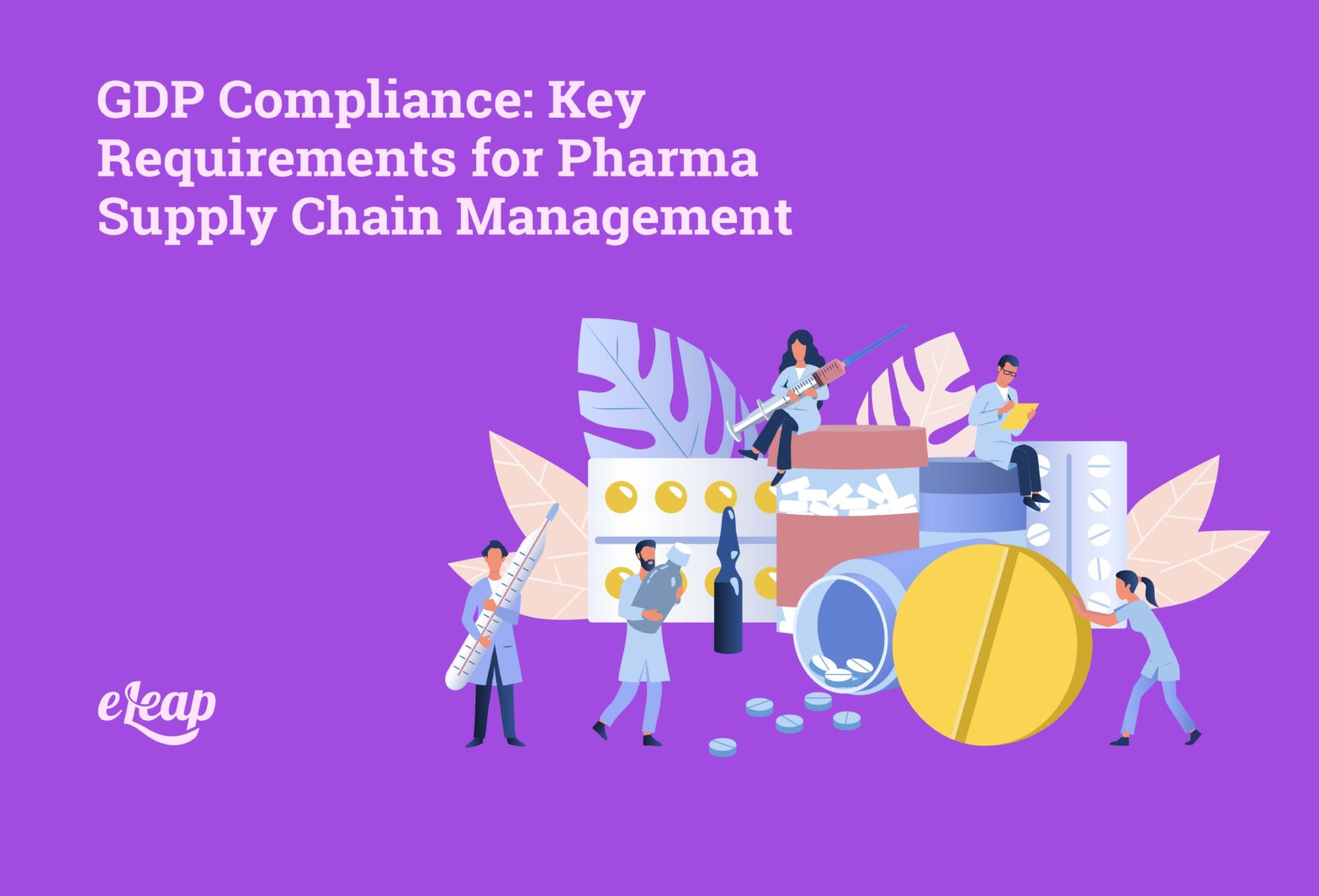
Good Distribution Practice (GDP) compliance governs the maintenance of quality, safety, and efficacy of pharmaceutical products throughout the distribution process. GDP compliance differs from Good Manufacturing Practice (GMP) in that it focuses exclusively on the handling, storage, and transport phases, rather than production. The framework ensures medicines reach patients without compromising therapeutic effectiveness or introducing […]
-
21 CFR Part 211: Ultimate CGMP Compliance Guide
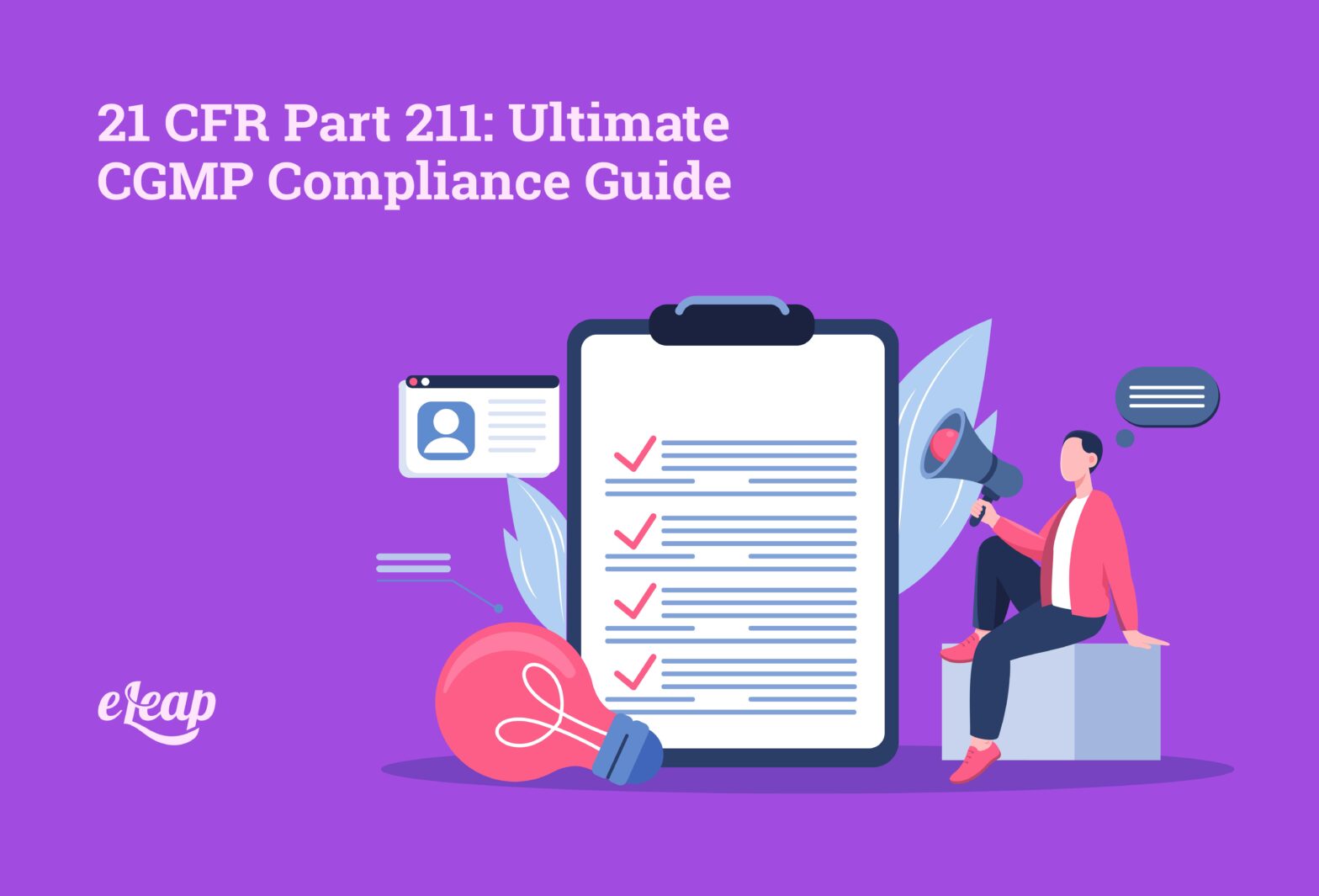
21 CFR Part 211 represents the core FDA regulation establishing Current Good Manufacturing Practice (CGMP) requirements for finished pharmaceuticals in the United States. This legally binding regulation ensures all drugs are manufactured consistently with high quality, free from contamination, and adequately documented throughout the production process. Issued by the U.S. Food and Drug Administration under […]
-
Complaint Management Systems: Complete Implementation Guide
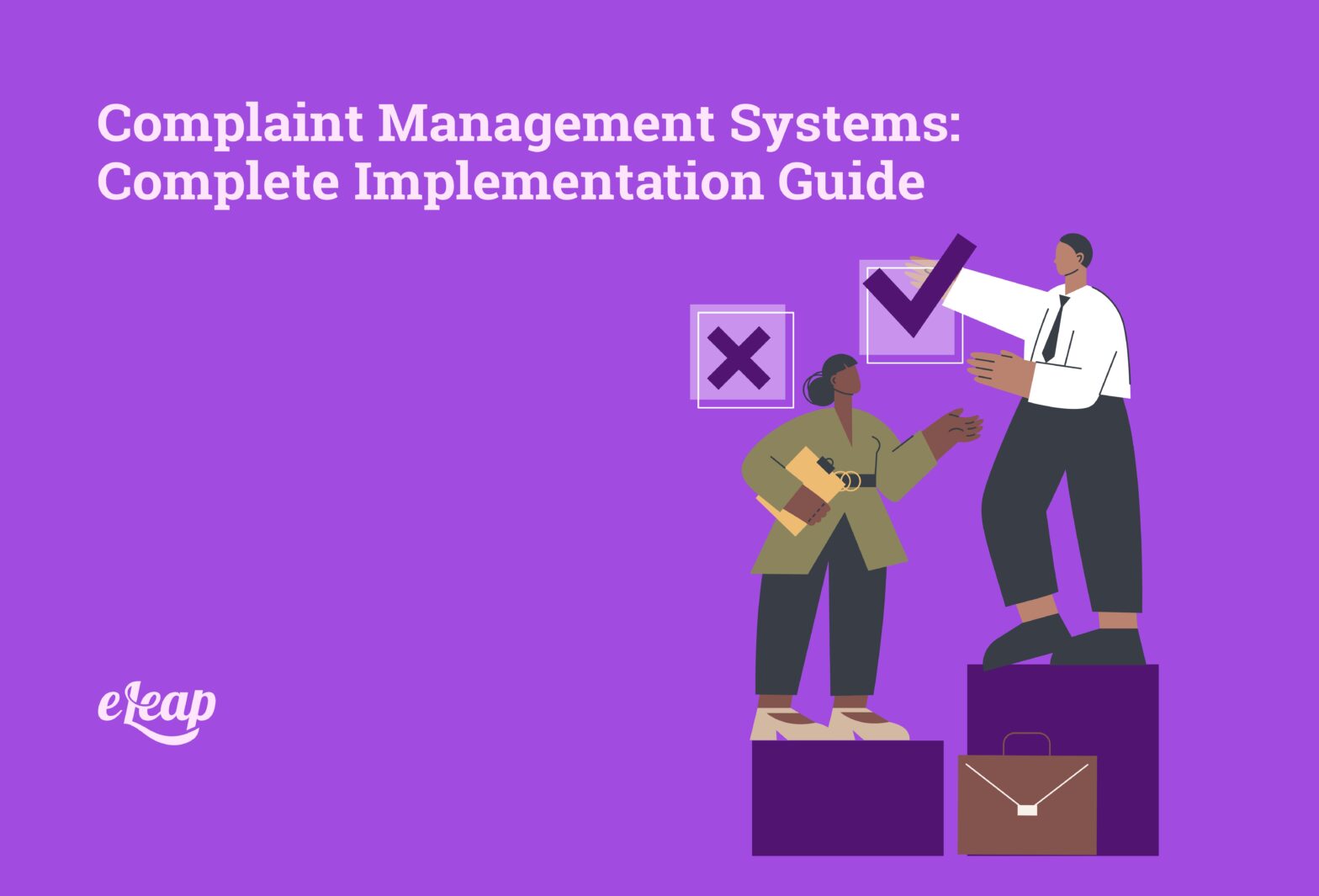
A complaint management systems serves as a centralized platform for receiving, processing, and resolving customer complaints across multiple channels. Modern complaint management systems have evolved far beyond traditional manual logbooks and spreadsheets, leveraging advanced technology to automate complaint capture, streamline resolution workflows, and provide actionable business insights. The core functionality of a complaint management system […]
-
Complete Guide to the Continuous Improvement Cycle
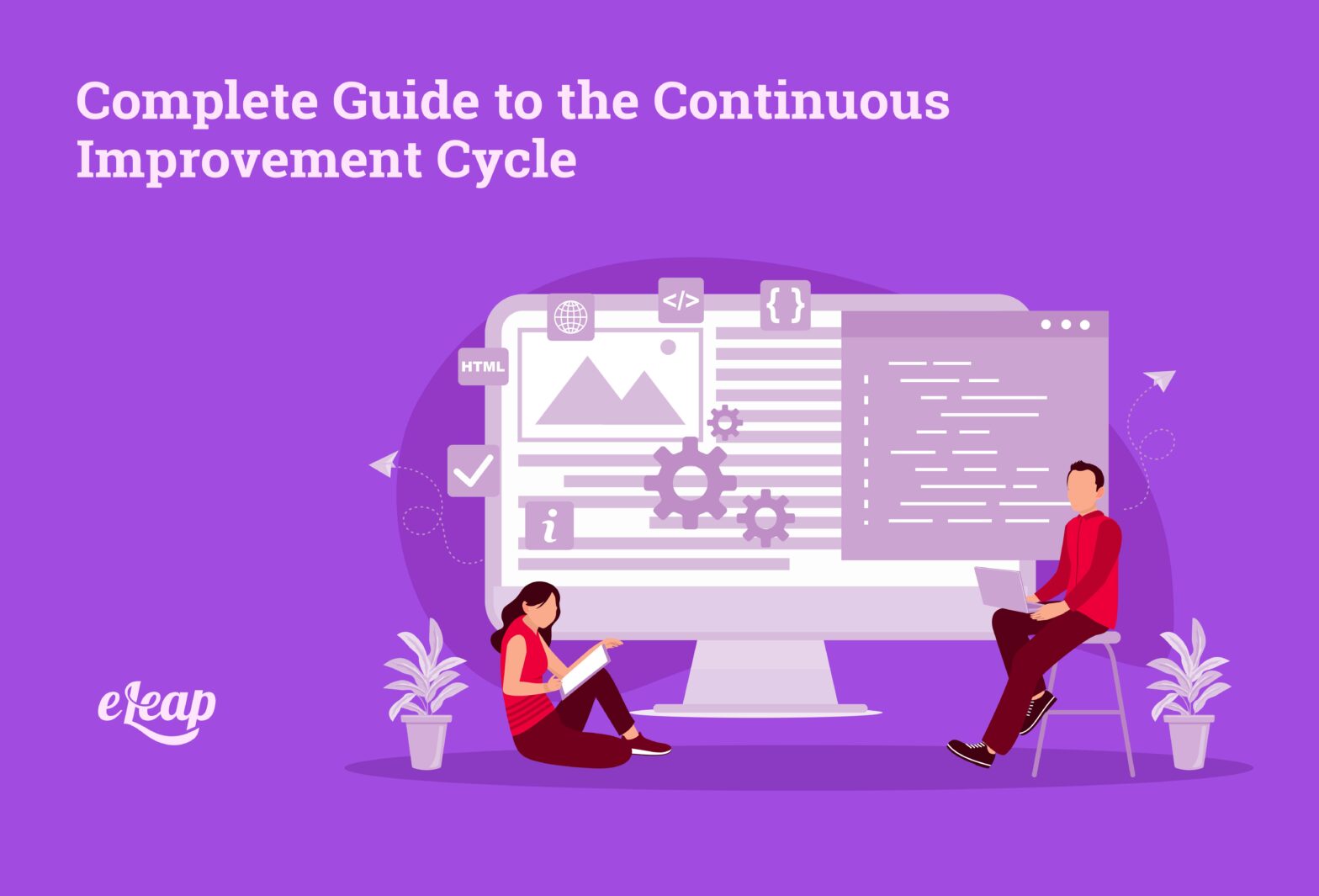
The continuous improvement cycle represents a fundamental shift from reactive problem-solving to proactive process optimization. This structured, iterative methodology enables organizations to achieve operational excellence by systematically enhancing processes, systems, and outcomes. Unlike traditional quality assurance approaches that focus on detecting and correcting problems after they occur, the continuous improvement cycle creates a culture where […]
-
GxP Compliance: Everything You Need to Know to Stay Audit-Ready

Regulatory inspections can arrive unannounced, demanding immediate access to documentation, training records, and evidence of systematic compliance. For pharmaceutical manufacturers, clinical research organizations, and medical device companies, maintaining audit-ready GxP compliance isn’t just about meeting regulatory requirements—it’s about protecting product integrity, patient safety, and business continuity. This comprehensive guide reveals the essential elements of GxP […]
Search articles by...
Find your way around our blog by searching using a keyword or a group of keywords or by choosing a tag.